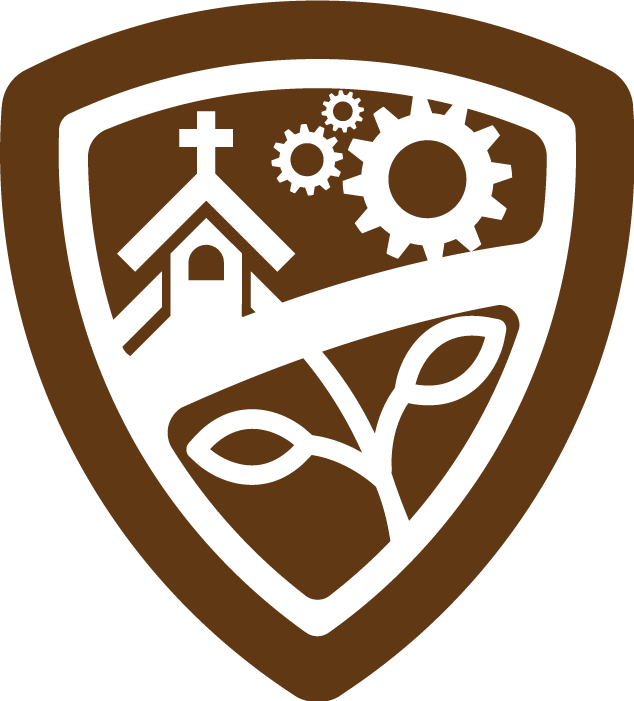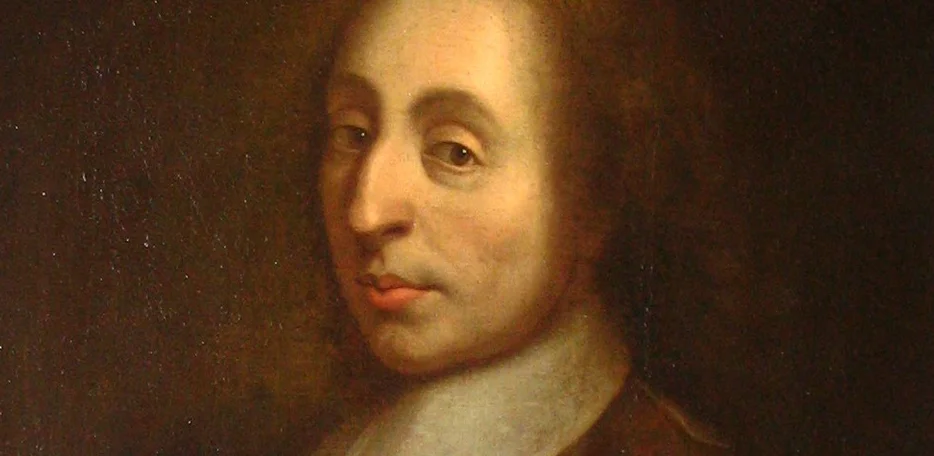August 31, 1942 - April 2, 2021
SCIENTIST
From Houston, Texas
Served in Indianapolis, Indiana
Affiliation: Southern Baptist
The question is asked every time a person dies: how do you sum up a life? How do you capture the emotion, the wit, and the charm of a person? How do you push together the years into a few sentences – years of a doting husband, a wonderful father and grandfather, an active church member and teacher, and, professionally, a gentleman scientist? It’s just not possible, and that’s especially true of the life of Harvey Lee Kincaid, Jr.
In a stroke of poetry and providence, Harvey died in the same city – Houston, Texas – where he was born and raised, though he hadn’t lived there for a long time. He left Houston to attend Vanderbilt University in 1960, a year fraught with health challenges that nearly killed him. When he returned to his hometown the first time, he could boast several achievements, including surviving that first year of college. He had graduated with a degree in English and went on to garner another undergraduate degree, this time in chemistry from Texas Christian University. His attention had turned sternly in the direction of studying science now. From TCU, he earned a master’s degree in chemistry and physics from Baylor University. And, in between all his classes, papers, and labs, he managed to court his lifelong partner, Nancy Kincaid, a fellow graduate student. They married on July 8, 1967, and that’s when Harvey, along with Nancy, moved to Houston. Why Houston? Harvey knew he wasn’t done with school. This time he enrolled in the doctorate program in biochemistry at the University of Texas Health Center, MD Anderson. His move into the world of biology and chemistry helped to shape his extensive career path, a path that took him up to the very day he died, still gainfully employed as a principal scientist for a pharmaceutical company in Indiana.
When Harvey died on Good Friday, April 2, 2021, at MD Anderson Cancer Center, he brought back to Houston a life overflowing. He had traveled around the world and accomplished monumental successes in working with labs from Shanghai to Geneva, and from Indianapolis to Los Angeles. His curiosity and love for learning added several additional degrees in business and, most recently, counseling. His life was not without raw failures and learned humility, but his sincerity brought in view a network of friends. His open-handed generosity and practiced patience kept his family close. He exhibited simple kindness, and most importantly, a particular love for the things of God.
When Harvey fell ill his freshman year of college, with dreadful intestinal pain, he wasn’t ready to die. God’s good hand of providence placed him in a particular Catholic hospital at a tender moment, rife to change him. While he recovered from a surgery that left a visible scar near his stomach for the rest of his life, Harvey looked up to see a crucifix on the wall. Then and there, he decided to change course and live his life for and about Jesus Christ alone. He grew up hearing his father teach Sunday School and his mother sing in the choir, so the shift in his perspective might seem slight and unnecessary from a distance. But, the moment ravished him and he never doubted the deepest and most fundamental call on his life.
After Ph.D. studies, Harvey and Nancy welcomed their first boy, Harvey Lee III. And, as if on cue two years later brought them another boy, Zachry Owen, and the same rhythm for a third boy, Phillip Lindsey. Finally, with a pause of three years, they added a girl to their family of six, Caroline Ann. In those years of expectation, Harvey and Nancy moved several times, from Honolulu, Hawaii, to Lexington, Kentucky, and then to the Washington DC area. By this time, in 1980, Harvey was stacking up a nice resume with work at various hospitals, performing research of different types. But he was getting anxious for what he really wanted to do, how he could really make an impact. The young couple thought about working overseas in Christian ministry or pursuing his passion for teaching at a Christian college. But neither choice seemed to open up. Instead, they moved to Tampa, Florida, to settle into a new kind of direction as he became a director at SmithKline Laboratories.
In Tampa, Florida, Harvey quickly rose in the ranks at SmithKline, but perhaps more importantly, he dedicated himself to his family. He taught Sunday School, coached youth soccer, and volunteered as a youth counselor. He modeled for his family and the wider world that rare persistence, “to walk in a manner worthy of the calling to which you have been called, with all humility and gentleness, with patience, bearing with one another in love” (Ephesians 4:1-2). That would be his mantra until the end.
Once the children were grown, Harvey and Nancy decided to make another move, this time to Indianapolis. In 1998, Harvey became director of chemistry at Covance, a pharmaceutical company that is now part of LabCorp. His 23-year tenure included an array of titles and responsibilities. His steady demeanor and gifted insight made him the go-to director to start new projects around the globe as well as fix ailing ones.
He never forgot his roots. He loved old Westerns and that call to adventure, to what was wild and untamed. Harvey and Nancy planned to move to Muskogee, Oklahoma, in retirement, into the 110-year-old homestead of his wife’s family. He wanted to, “put out his shingle,” as he was prone to say, and begin a marriage counseling practice.
What caused Harvey’s death? He had a rare form of leukemia that was managed for several years through a series of ongoing treatments. Those treatments stopped working in February 2021. His next move brought him to MD Anderson, to the team who had developed the treatment regiment originally and who were developing alternate paths for the same disease. For several days, bleakness turned to rejoicing as Harvey seemed to respond to the new medicine. But sometimes the end is not coming; sometimes the end is here. Harvey had zero white blood cells when he died, but with a kind look and a squeeze of the hand, he died with his bride of almost 54 years at his side. He knew it was actually the beginning of another adventure, that his hope was in the bodily resurrection of Jesus, and so too, the resurrection of the dead. It was this truth he clung to in life and now in death.
Perhaps he recalled one of his favorite hymns during those last moments, “Fairest Lord Jesus”:
Fair is the sunshine, fairer still the moonlight
And all the twinkling starry host
Jesus shines brighter, Jesus shines purer
Than all the angels heaven can boast
Beautiful Savior! Lord of all the nations
Son of God and Son of Man
Glory and honor, praise, adoration
Now and forevermore be thine.
He possibly returned in his mind to the biblical passage he knew from memory. It certainly seems probable given his faith and his dire predicament.
Jesus said to his disciples, “Therefore I tell you, do not be anxious about your life, what you will eat, nor about your body, what you will put on. For life is more than food, and the body more than clothing. Consider the ravens: they neither sow nor reap, they have neither storehouse nor barn, and yet God feeds them. Of how much more value are you than the birds! And which of you by being anxious can add a single hour to his span of life? If then you are not able to do as small a thing as that, why are you anxious about the rest? Consider the lilies, how they grow: they neither toil nor spin, yet I tell you, even Solomon in all his glory was not arrayed like one of these. But if God so clothes the grass, which is alive in the field today, and tomorrow is thrown into the oven, how much more will he clothe you, O you of little faith! And do not seek what you are to eat and what you are to drink, nor be worried. For all the nations of the world seek after these things, and your Father knows that you need them. Instead, seek his kingdom, and these things will be added to you” (Luke 12:22-30).
Harvey leaves a legacy, not because he hunted for one, but because day by day, he lived faithfully. As part of that legacy, he leaves Nancy, his four children (Harvey, Zachry, Phillip, and Caroline), and his grandchildren (Micah, Caleb, Benjamin, Quinn, Corrina, James, Elias, and Bennie).










